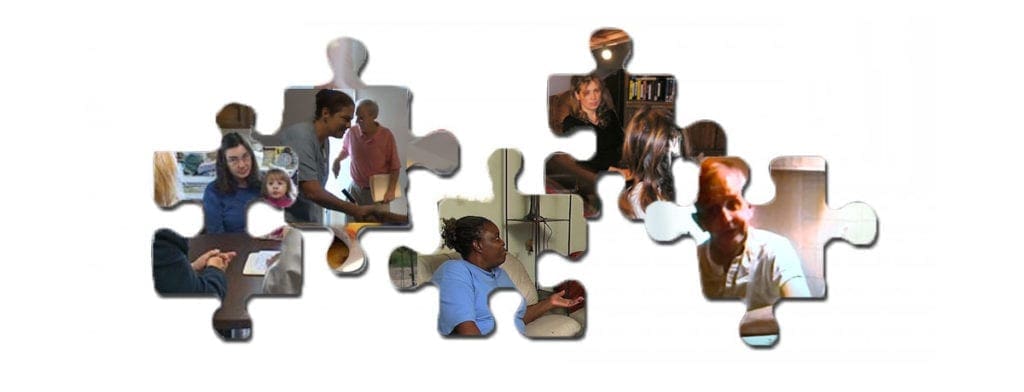The power of stories
I was wrong! Well actually not 100% wrong. As so often in my life I had grabbed on to an insight only later to learn there was more to it than I thought. In this case, the insight I was taken by was the power of story to foster systemic change.
A few months ago Fr. Aidan Rooney drew our attention to the power of stories for systemic change. Since then I have been chewing on the insight and followed his post with a post of my own about changing systems one story at a time. I also committed myself to presenting some of the more effective ways of telling these stories. I also wanted to help us help those we serve tell their own stories.
In between many other projects I continued to do research for followup posts. I am so glad I did. It was eye-opening.
What I missed at first
Yes, stories are wonderful for capturing attention. I also learned that stories often just capture a moment in time. Narratives are about a movement over time and speak to our worldview. To that degree, they engage us. More about narrative later.
If we want stories to move people to collaborate in systemic change there is another step. That step is telling the story so that it touches the deepest desire in a reader’s worldview and heart.
I recently told the story of Fr. Pedro Opeka, CM who transformed a garbage dump inhabited by thousands of human scavengers into a city of brick and mortar buildings they themselves built. It is an inspiring story but also one that could unconsciously be dismissed. “He is an exceptional person. I am not in his league.”
It is not enough to tell the who, what, when, and where of this effective systemic change process. It is crucial to tell it in such as way that it challenges one to think about how I could do something similar even if on a lesser scale.
As I researched how to tell stories for change I realized I had stumbled on to something. Since I was writing for a presentation to members of the Society of Vincent de Paul I latched on to the fact that the project began with a “home visit.”
A home visit is something Vinnies understood better than I. It is so much a part of their worldview of commitment to service. My hope was that by reframing the origin of Fr. Opeka’s transforming project as a home visit they might begin to see connections with something they treasured and were already doing. My hope was that they could see more clearly that the home visit is not merely about meeting an immediate need but contains the seeds for thinking about the root causes of the situation.
The underlying theory
Back to my personal study project. What was new for me was the concept of narrative. I thought narrative and story meant basically the same thing.

I learned that there is a much richer meaning to narrative. (Of course we hear the word narrative almost daily in news programs.) Another meaning of narrative is the perspective or theme running through a series of stories. I also learned that effective narratives connect to our deeply held worldviews. When a narrative fits the values of our worldview it not only captures our attention. It also tends to move us to action in support of our values.
A narrative is much bigger. It tells the story of a movement over time. It is actually the story or theme running through a series of stories. It engages our worldview and values. Without that, we can get caught up in the story and miss the forest for the trees.
We can learn from Vincent and Louise. Recall the foundation story of Vincent setting in motion systemic change at Chatillon.
In the language of the theory of narrative, Vincent went beyond the inspiring story of aiding one family to set in motion the Confraternities of Charity. All in the simple act of doing what he was already doing… but thinking about it to see what needed to be changed.
The poor “have sometimes suffered a great deal more through a lack of organized assistance than from lack of charitable persons.”[CCD 13b:8]
So he began to set up ‘The Confraternites” in every place he went and sent missioners.
Let us learn from Vincent to see the broader opportunities for change in what we are already doing.
Questions
- As we serve do we ever think about root causes?
- How can I tell stories that touch the deepest desires of the most people?








Keep up the narrative!